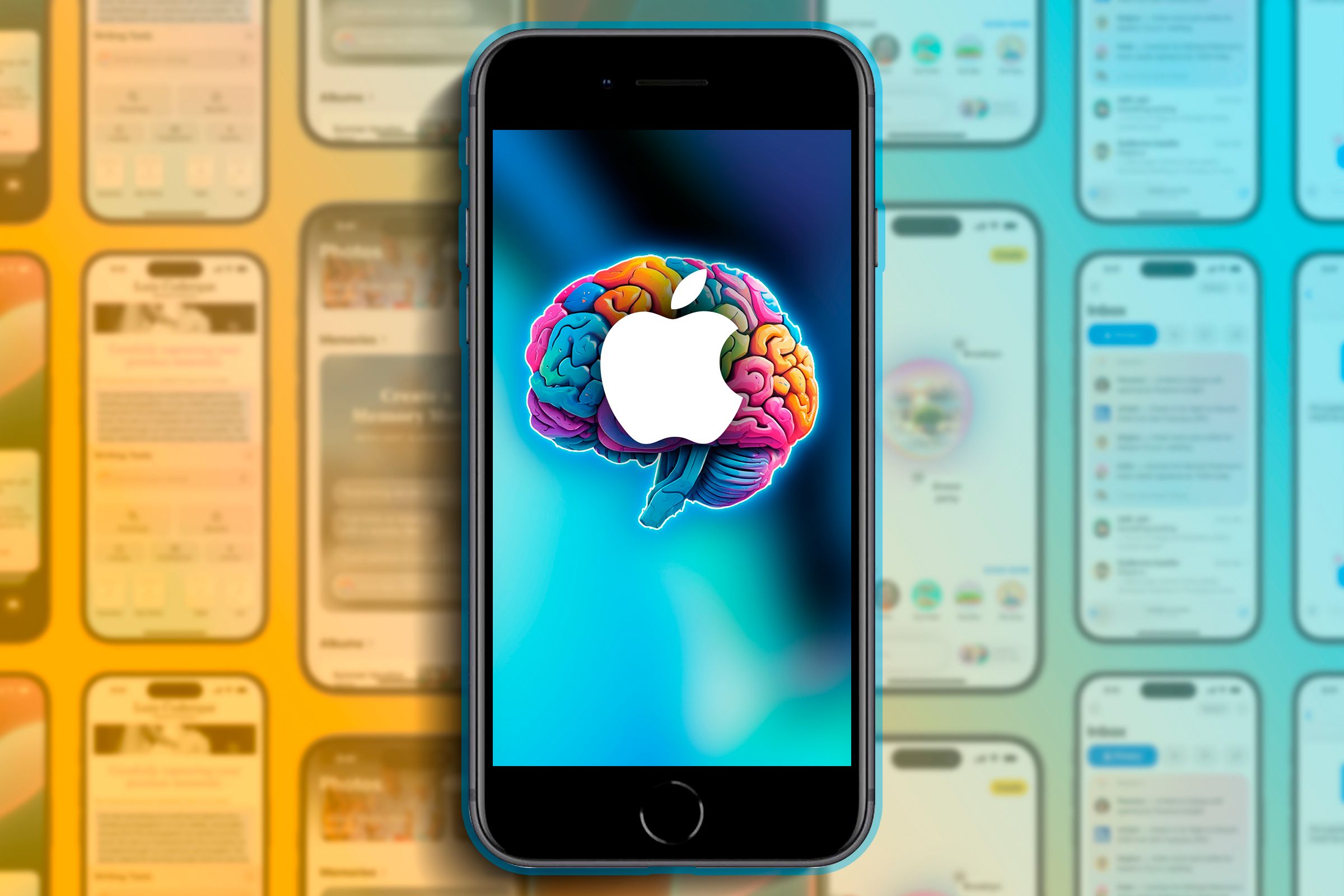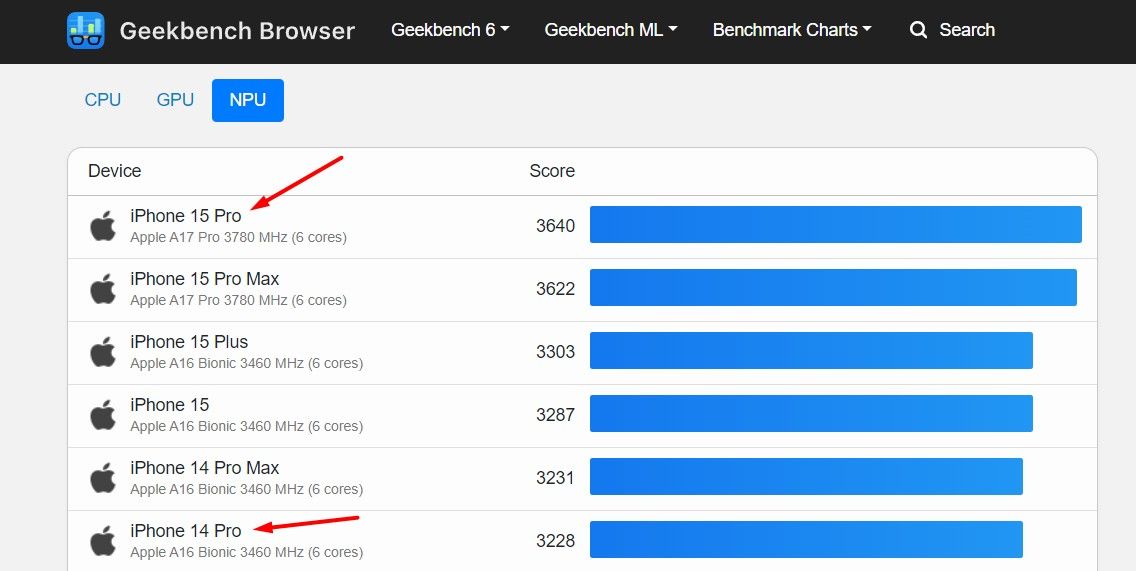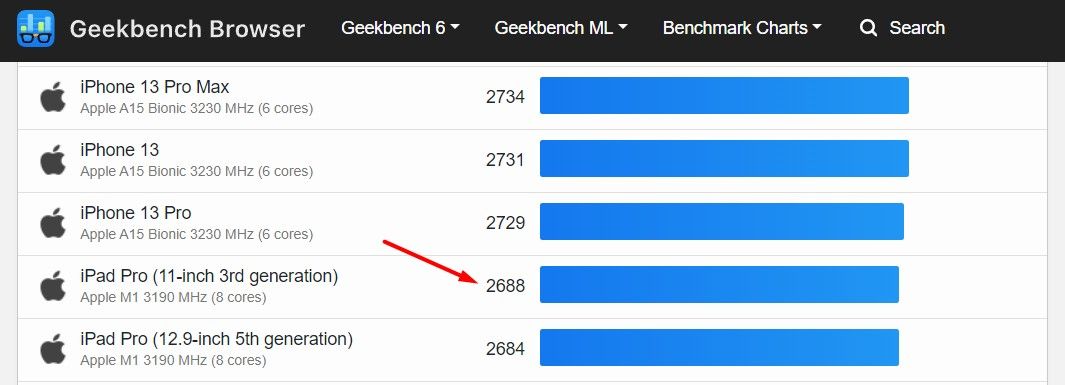
The Unseen Potential of Previous iPhones to Support Core Apple Features Like SIRI Revealed

The Unseen Potential of Previous iPhones to Support Core Apple Features Like SIRI Revealed
Quick Links
- Why Apple Intelligence Is Not Coming to Older iPhones
- Apple and Privacy, A Never-Ending Story
- How Well Will Apple Intelligence Perform on M1 Chips?
- Changes I Want to See in Apple Intelligence in the Future
Key Takeaways
- According to John Giannandrea, Apple’s AI chief, older iPhones won’t be getting Apple Intelligence because they don’t have enough processing power to run it smoothly.
- Your Apple device must have at least 8 GB of RAM to run Apple Intelligence.
- Apple also has Private Cloud Compute, which Apple Intelligence can tap into when it thinks that the processing power on your device isn’t sufficient and needs cloud resources to complete the task.
Even though Apple Intelligence looks genuinely innovative, it’s getting a lot of backlash due to its availability. The feature won’t be coming to most iPhones on the market, even though they are technically capable of running it. But there is a very compelling reason behind this decision.
Why Apple Intelligence Is Not Coming to Older iPhones
Apple Intelligence is Apple’s implementation of a large language model (LLM) to improve Siri as well as generative AI technologies to enrich various parts of iOS 18, iPadOS 18 and macOS Sequoia. These are the only existing devices that will be able to use Apple Intelligence when the feature arrives in fall 2024:
- iPhone 15 Pro Max (A17 Pro)
- iPhone 15 Pro (A17 Pro)
- iPad Pro (M1 and later)
- iPad Air (M1 and later)
- MacBook Air (M1 and later)
- MacBook Pro (M1 and later)
- iMac (M1 and later)
- Mac mini (M1 and later)
- Mac Studio (M1 Max and later)
- Mac Pro (M2 Ultra)
If you have an older iPhone, like the iPhone 11, you might think, “it’s just an old iPhone, it’s probably not fast enough to run Apple Intelligence.” But what if you have an iPhone 15 that you bought last year?
There has been speculation that Apple decided not to bring Apple Intelligence to older iPhones to increase sales of newer devices. However, John Giannandrea, Apple’s AI chief, denied these rumors. He said the main reason for not bringing Apple Intelligence to older iPhones, even on the iPhone 15, is that these iPhones lack the processing power to run Apple Intelligence effectively.
While you could technically run Apple Intelligence on older iPhones, the response and output would be so slow that it wouldn’t be useful at all.
The key component missing from older iPhones that limits their ability to run Apple Intelligence is a performnt Neural Processing Unit (NPU) and enough RAM . You’re likely familiar with CPUs and GPUs , but NPUs are the new buzzword.
Many new phones and tablets now come equipped with NPUs alongside CPUs and GPUs. The availability of NPUs allows devices to handle multiple tasks simultaneously, all with minimal power consumption.
However, it’s not only the iPhone 15 Pro and Pro Max that come with an NPU. Its predecessor, the iPhone 14 Pro, also has an NPU, but it’s slightly less powerful than what you have in the 15 Pro and Pro Max. For comparison, the Geekbench ML NPU score for the iPhone 14 Pro Max is 3231, whereas for the 15 Pro, it is 3640.

Furthermore, the iPhone 15 and all previous iPhone models have less than 8GB of RAM, which is currently the minimum RAM requirement to run Apple Intelligence on Apple devices. In short, the weaker NPU and a lack of RAM prevent it from running Apple Intelligence well.
Additionally, John Giannandrea mentioned that if the plan were to withhold Apple Intelligence from older devices to boost sales of new ones, the company wouldn’t be bringing it to older iPads and Macs either. This isn’t the case, as Apple Intelligence is even coming to devices with the M1 chip , which was released back in 2020.
Apple and Privacy, A Never-Ending Story
Most tasks performed by generative AI tools like ChatGPT and Midjourney are done on remote cloud servers, not on the device you’re using them on. This means they don’t require any specific system compatibility to run. However, Apple’s Intelligence will be built to run directly on your Apple device. This signifies that most of the processing will happen on your device itself rather than on a cloud server.
Since this processing happens on your device, Apple Intelligence can make better use of personal information to better understand context. Unlike other AI systems, your data won’t be collected or sent to a remote server. For example, ChatGPT utilizes Microsoft Azure’s cloud infrastructure. This means that when you use ChatGPT, all your information is first uploaded to Microsoft Azure. Then, your request is processed, and you receive the result.
For tasks that can’t be handled on a device, Apple has developed Private Cloud Compute. This cloud intelligence system was designed specifically for private AI processing. Not depending entirely on a cloud-based solution like Private Cloud Computer will further improve the speed of user requests.
Importantly, Apple mentions that “personal user data sent to PCC isn’t accessible to anyone other than the user—not even to Apple.” This means that unlike cloud servers used by other generative AI platforms, the data processed on Private Cloud Compute will not be accessible to anyone, even the company hosting the servers.
How Well Will Apple Intelligence Perform on M1 Chips?
Apple Intelligence is compatible with M1 chips released back in 2020, which are almost four years old now. The Geekbench ML NPU score of the 3rd generation iPad Pro is 2688, which is significantly lower than the iPhone 15 Pro’s score of 3640. This lower NPU score suggests that Apple Intelligence performance on M1 chips should be slower compared to what you’ll get with the latest chipset, like the M3.

For instance, on devices with M1 chips, you might be able to access Intelligence features like Writing Tools, Priority Messages, and Smart Reply. However, your device might struggle with more advanced processing tasks like Image Playground and Genmoji.
To address potential performance limitations, Apple might use Private Cloud Compute. However, this is just speculation, and everything will become clearer when Apple Intelligence arrives on your devices this fall.
Changes I Want to See in Apple Intelligence in the Future
One of the major changes I want in Apple Intelligence is for it to become compatible with more devices. There are 1.5 billion active iPhones around the world , of which a very small percentage are the iPhone 15 Pro or Pro Max. This means the majority of iPhone users won’t have access to Apple Intelligence. By expanding compatibility to more devices, Apple will be able to reach more users, which will ultimately benefit them.
Secondly, I’m interested in seeing when or even if Apple Intelligence will come to the Apple Watch. The company didn’t mention the Apple Watch a single time during WWDC24 when taking about Apple Intelligence. This was surprising to me since the Apple Watch could stand to benefit from on-device processing and a smarter Siri. At the very least, I’d love to see the Watch interact with a compatible iPhone.
Finally, it will be interesting to see if Apple Intelligence will come to the iPhone 16 or if the company will continue offering it only in the Pro version. There are rumors that the iPhone 16 will feature the A18 chip , an upgrade from the A17 Pro. However, the amount of RAM it will have will determine whether it can run Apple Intelligence.
Also read:
- [New] 2024 Approved Hands-On Guide to Optimize Your YouTube Channels with AdSense
- [New] From Zero to Viral Video Top 10 User-Friendly YouTube Concepts for 2024
- [New] How to Enhance Clarity of Online Video Content for 2024
- [New] In 2024, Free Fire's Sound Alteration Tactics
- [New] Secrets to Flawless WebP-to-JPG Image Conversion
- [New] Supernatural Video Slowdown Handbook
- [Updated] 2024 Approved How to Go Frame by Frame on YouTube Video? [5 Methods]
- [Updated] From Barely Known to Famous Elevate Your Viewership on Youtube for 2024
- [Updated] In 2024, From Barely Known to Famous Elevate Your Viewership on Youtube
- [Updated] In 2024, Grasping Your YouTube Popularity with Precision
- 3 Ways to Unlock iPhone 7 without Passcode or Face ID | Dr.fone
- Become a Shorts Connoisseur Must-Know Facts for 2024
- Forgot Your Apple ID Password and Email From iPhone 7? Heres the Best Fixes
- Highest Quality Gag Editor
- How to Bypass Android Lock Screen Using Emergency Call On Realme Narzo 60 5G?
- In 2024, How to Transfer Contacts from Poco C65 to iPhone XS/11 | Dr.fone
- Title: The Unseen Potential of Previous iPhones to Support Core Apple Features Like SIRI Revealed
- Author: Jeffrey
- Created at : 2024-11-14 00:52:19
- Updated at : 2024-11-19 17:23:33
- Link: https://eaxpv-info.techidaily.com/the-unseen-potential-of-previous-iphones-to-support-core-apple-features-like-siri-revealed/
- License: This work is licensed under CC BY-NC-SA 4.0.